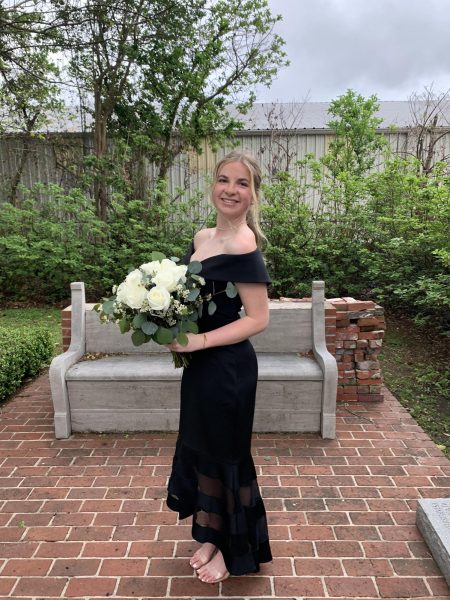As some Early Action due dates are approaching in October and November, seniors, including myself, are working hard on their applications. Whether this means starting them, cleaning them up, or sending them out, students are forced to have a relationship with CommonApp, which is where the whole application process is centered. Now, this process is overwhelming but by breaking it down, it is not as scary as it seems.
What is vital in the application process is that connection between CommonApp and Scoir. Scoir is where students are able to find information about schools of potential interest and record their accomplishments throughout their earlier years of high school. Because of this, I strongly advise to put all accomplishments and extracurriculars in your profile information as you go through your high school career. That way, it is not difficult to find them when trying to list them on CommonApp.
When going into senior year, students start utilizing CommonApp by filling out the basic information about themselves such as their personal information, family, academics, tests (AP, ACT, SAT), extracurricular activities, and adding their essay. Although some schools don’t require things like test scores or an essay, CommonApp is a way to have all of your information and accomplishments in one place while also generating resumes depending on what schools require.
Speaking of schools, that is the next step. Look up the colleges that you are interested in on Scoir and mark them as applying. Then you can fill out each schools’ questions on CommonApp. Now, some schools may require answers to written questions, and this is probably the most overwhelming part because you are not prepared until you see them. However, it helps to draft them in a google doc and share them with Ms. Fournet to then be able to work on those responses with her.
This leads to another piece of advice I have: go ask questions. This means to schedule a meeting or multiple with Ms. Fournet or ask your parents to tour schools. It is crucial to be aware of what’s out there and what different schools have to offer. In my experience, I have had my head turned by schools I would not expect.
Another important tool in this process is time management. Be aware of your deadlines in order to know when to see Ms. Fournet, when to ask for letters of recommendation from a teacher or teachers, and when scholarship applications are due. What helped me was to create a schedule as to when I would plan on dedicating my time to applications. This makes the process less overbearing and encourages more production.
Finally, after constant organizing, writing, and calculating, students can send out applications and eagerly wait to hear back from their schools and prepare for the next stage of their education and their lives. In summary, I encourage underclassmen to record all of their accomplishments as early as they can and improve their time management skills, so the application process is as manageable as possible.


